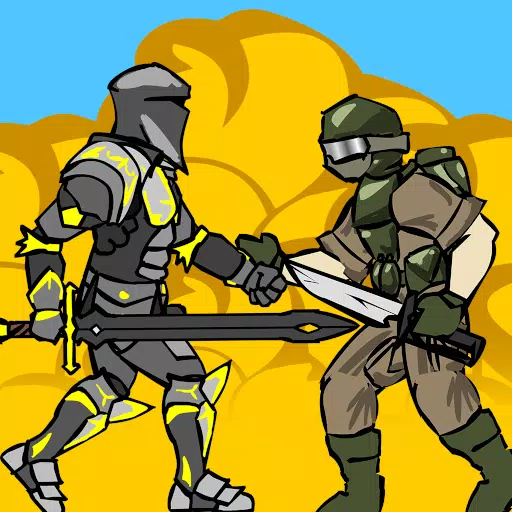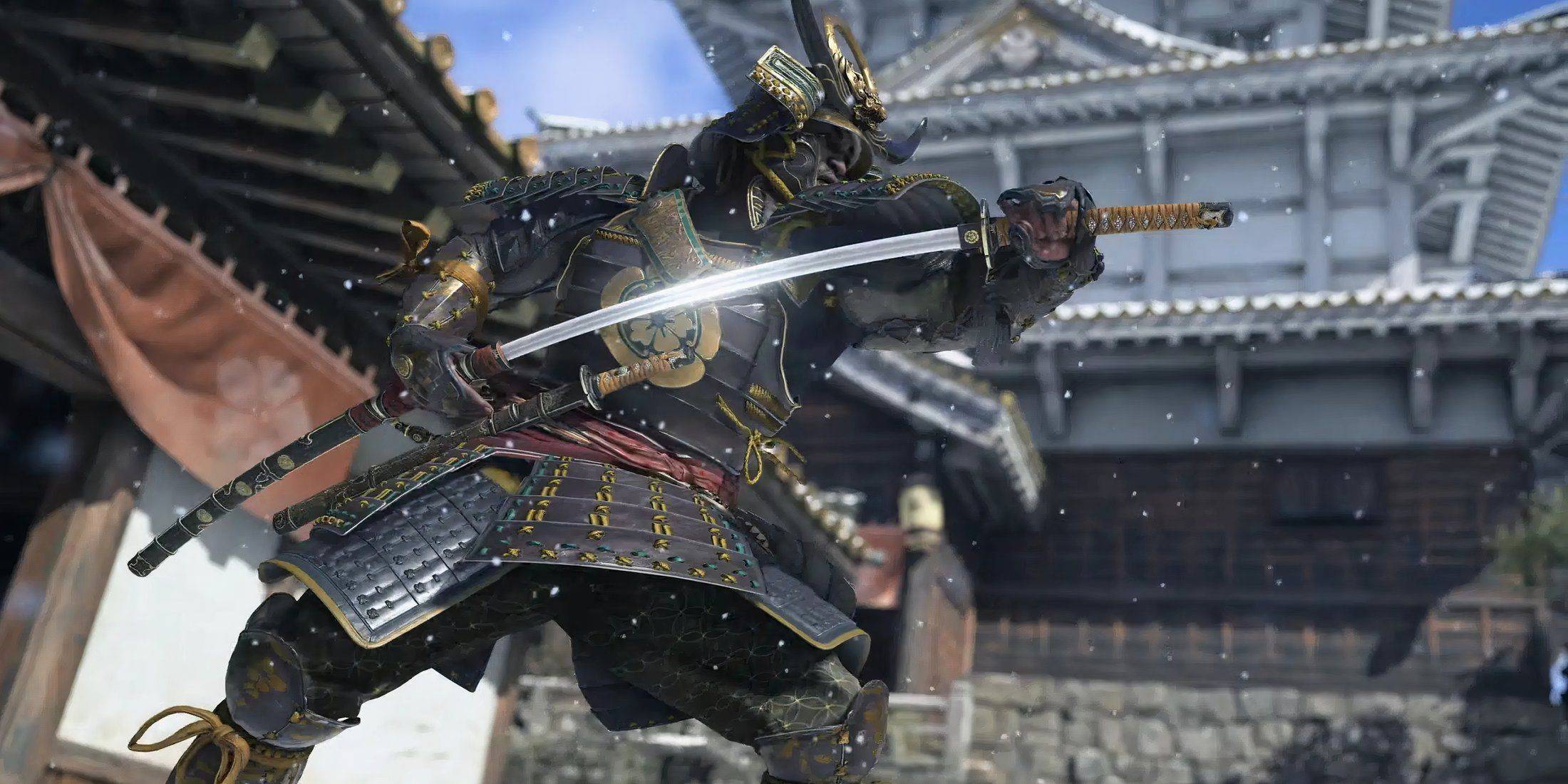Japanese Prime Minister Shigeru Ishiba addressed inquiries regarding Assassin's Creed Shadows during today's government conference. While certain reports suggested Ishiba criticized Ubisoft's feudal Japan-inspired game over shrine depictions, the reality proves less contentious.
IGN obtained accurate context alongside translations through our Japanese editorial team to clarify the situation comprehensively. We've reached out to Ubisoft for official comment.
Historically, Ubisoft has issued multiple apologies ahead of Shadows' delayed launch regarding elements that caused discontent among some Japanese audiences.
Criticism emerged concerning historical inaccuracies in feudal Japan's portrayal, prompting developers to clarify their intent: creating "compelling historical fiction" rather than factual documentation.
While Ubisoft highlighted collaborations with historians, they acknowledged: "Certain promotional elements inadvertently concerned Japanese communities, for which we apologize sincerely."
Controversy escalated when unauthorized use of a reenactment group's flag appeared in Shadows' marketing materials—another instance Ubisoft apologized for.
Collectible manufacturer PureArts withdrew a statue featuring an unconventional one-legged Torii gate after public objections. These gates traditionally mark sacred spaces throughout Japan, though Nagasaki's Sannō Shrine famously preserved its damaged gate—a WWII atomic bomb survivor located 900 meters from ground zero.
Amidst these developments, Shadows launches with international scrutiny—both Japanese audiences and Western fans questioning cultural representation.
Japanese Councillor Hiroyuki Kada (seeking re-election this summer) raised concerns:
"Permitting virtual destruction of real landmarks might encourage actual vandalism. While creative freedom matters, cultural disrespect shouldn't be tolerated."
Prime Minister Ishiba responded:
"Legal responses require interministerial consultation with METI, MEXT, and Foreign Affairs.
"Defacing shrines constitutes national disrespect. During Iraq deployments, our forces studied Islamic customs thoroughly. Cultural respect remains paramount—we cannot condone violations."
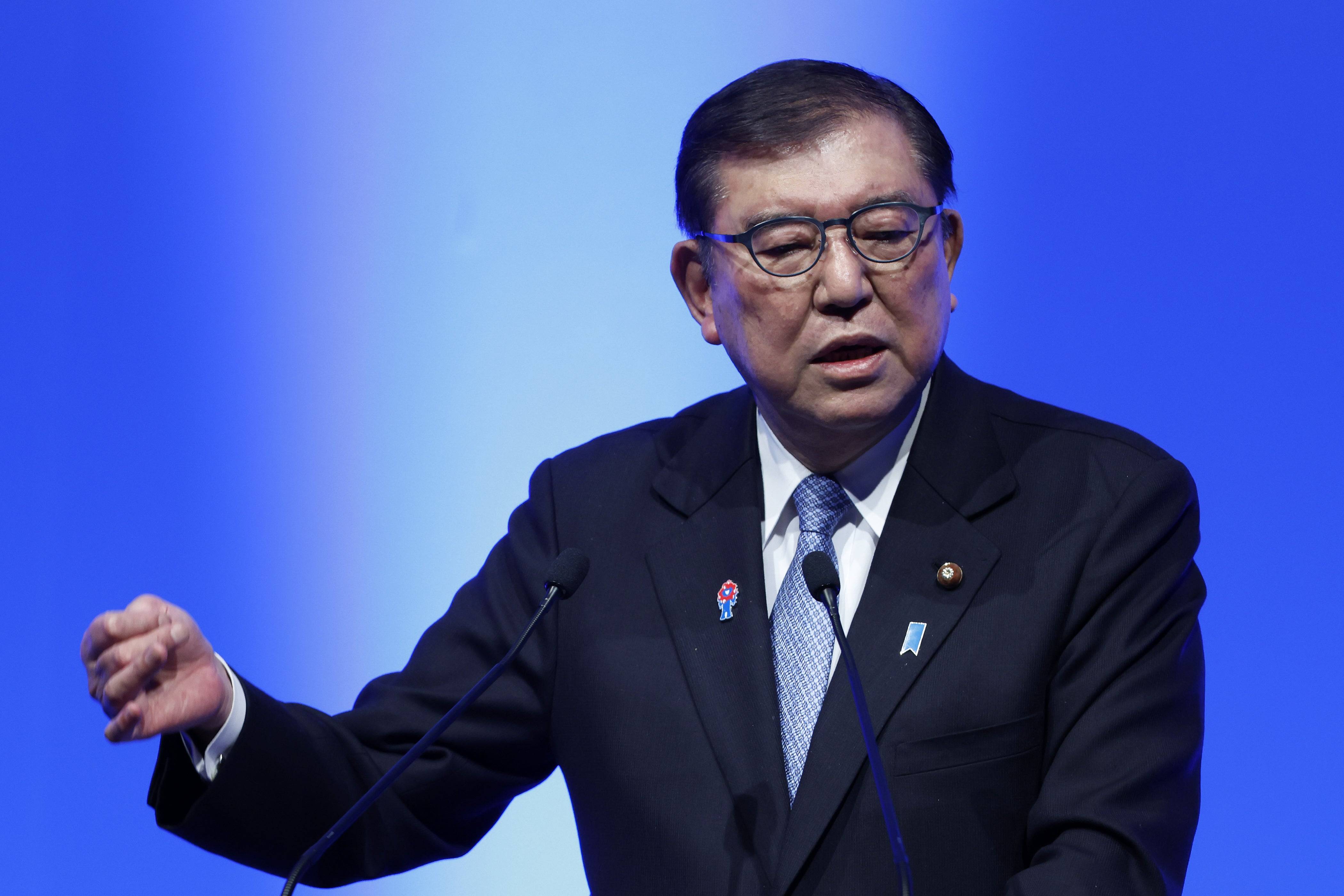
IGN Japan provided crucial context: Post-pandemic tourism surges and weak yen appeal have intensified scrutiny on foreign influences.
Councillor Kada connected Shadows' gameplay—where players vandalize Hyogo's Itatehyozu Shrine (his constituency)—with real-world concerns about tourist misbehavior.
Prime Minister Ishiba clarified his opposition targeted hypothetical real-life actions, not the game itself.
While Vice Minister Masaki Ogushi indicated willingness to consult if shrines complained, legal experts note Japan's constitution likely protects Ubisoft's artistic liberties.
Ministerial responses appear unlikely to precipitate concrete action, especially since Ubisoft's day-one patch—adjusting shrine destructibility and violence depictions—demonstrates proactive cultural sensitivity.
Assassin's Creed Franchise Timeline
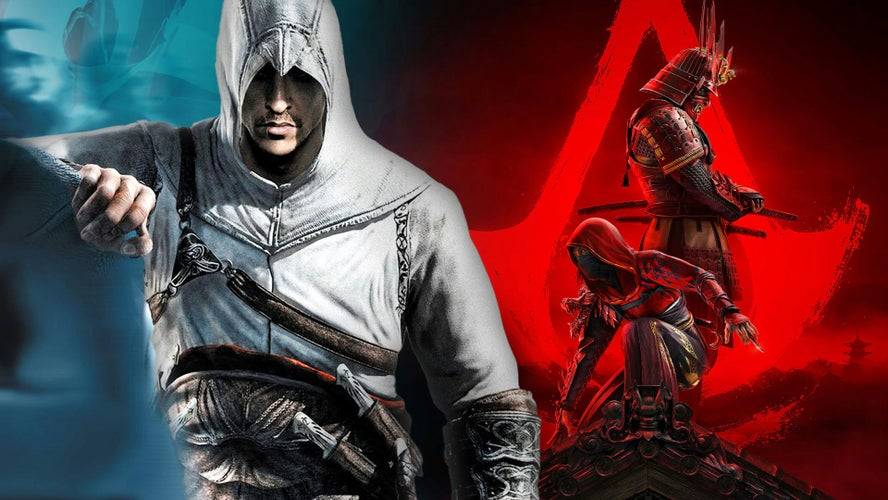
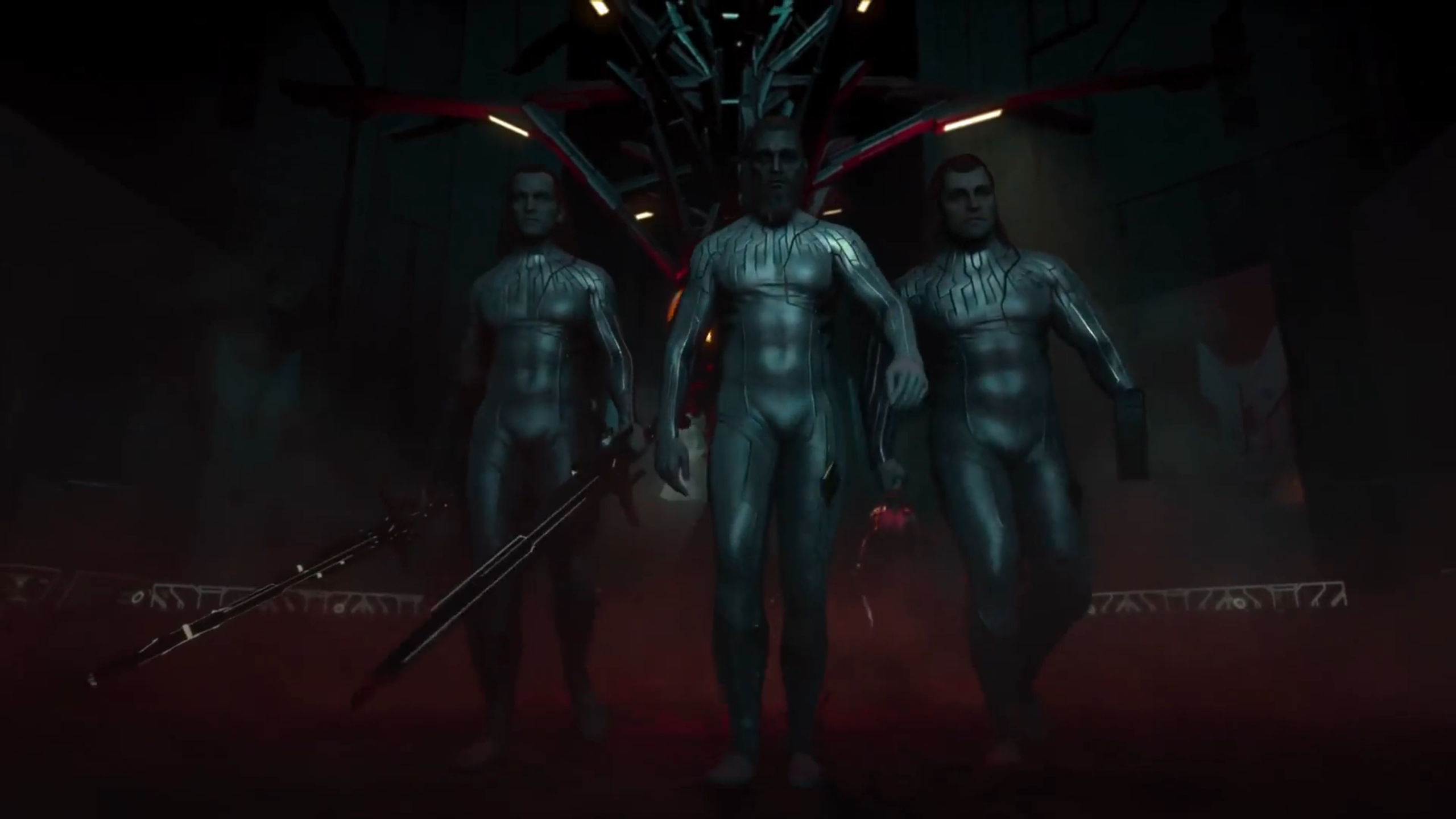
25 Images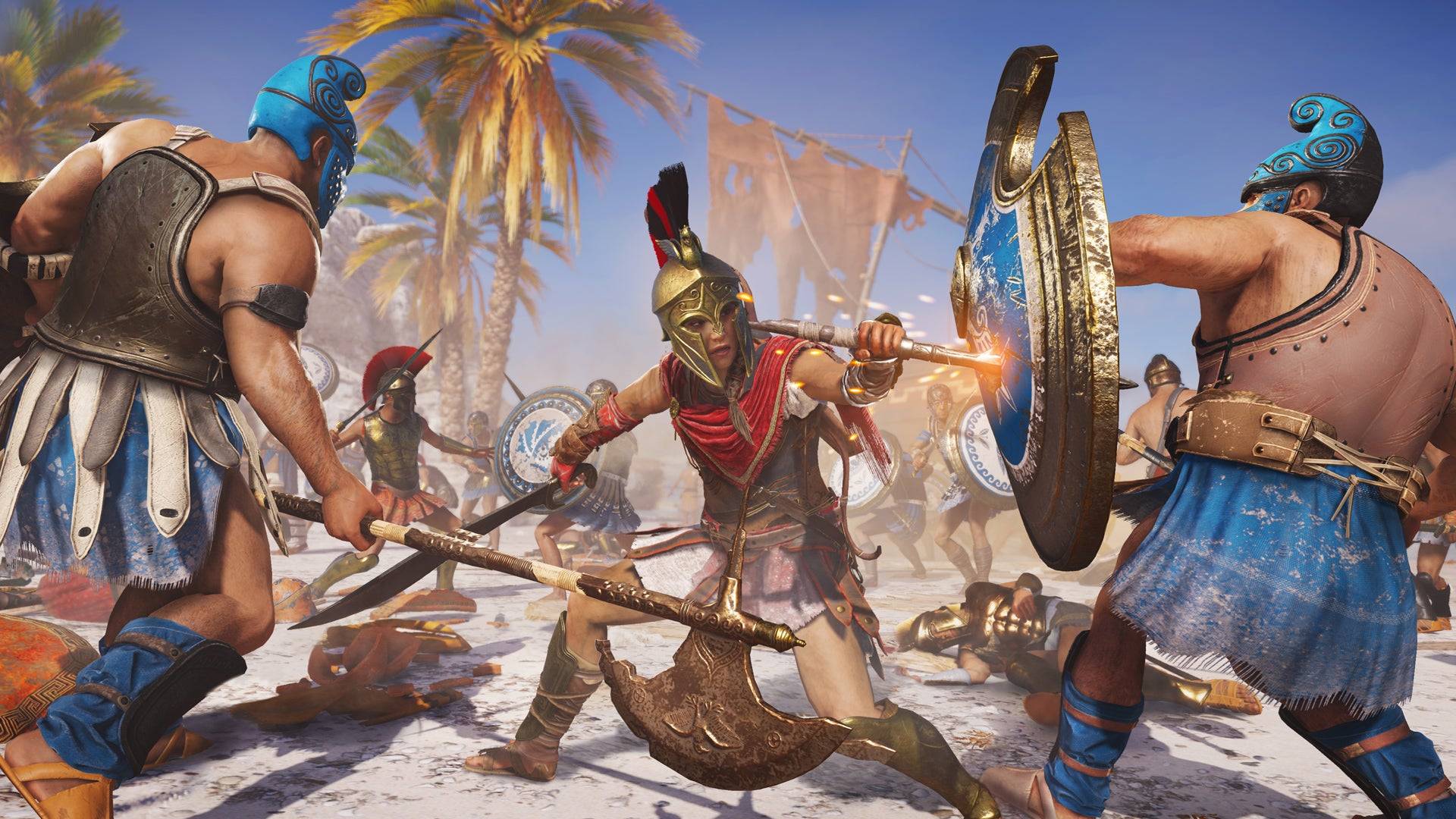
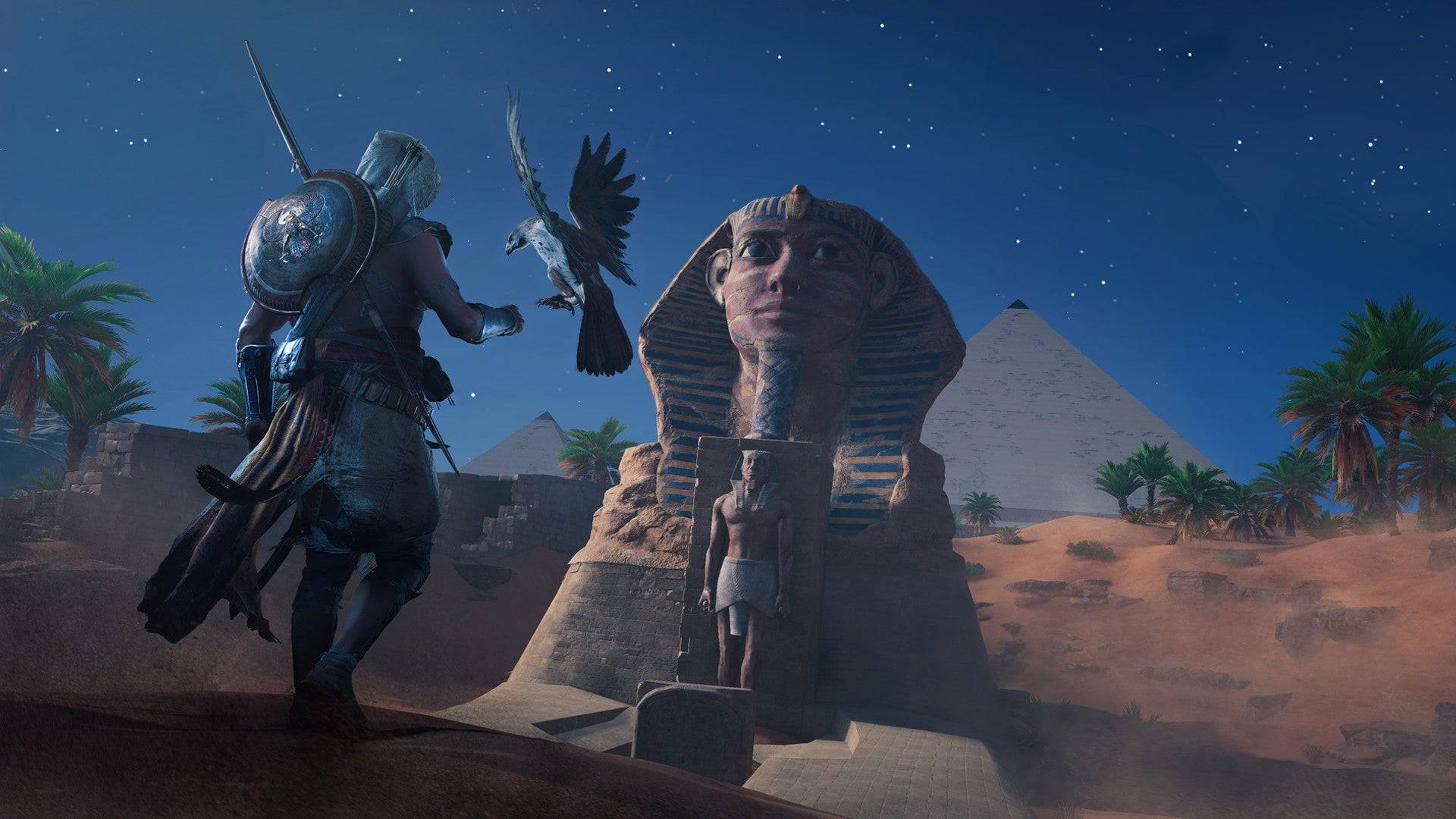
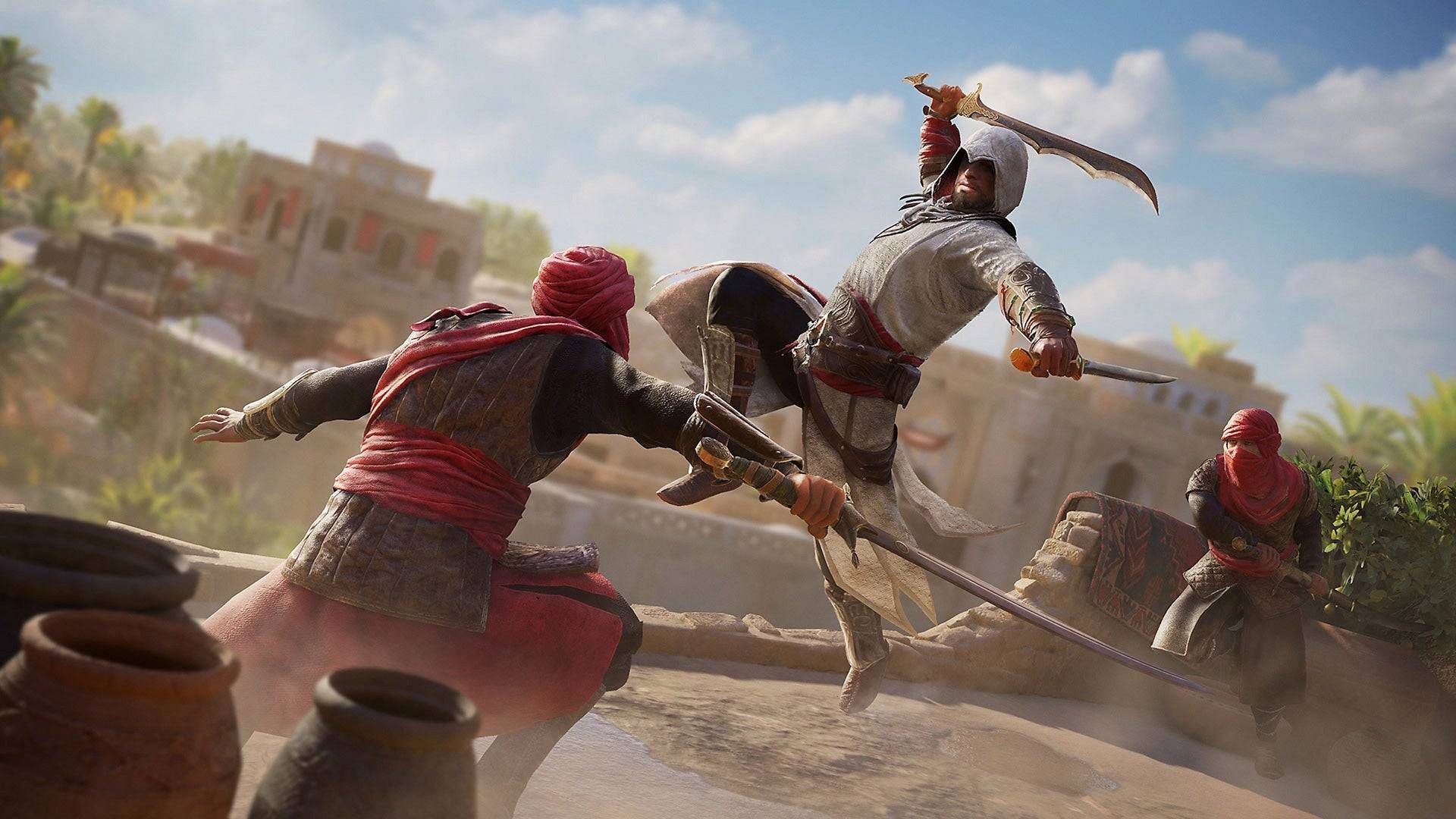
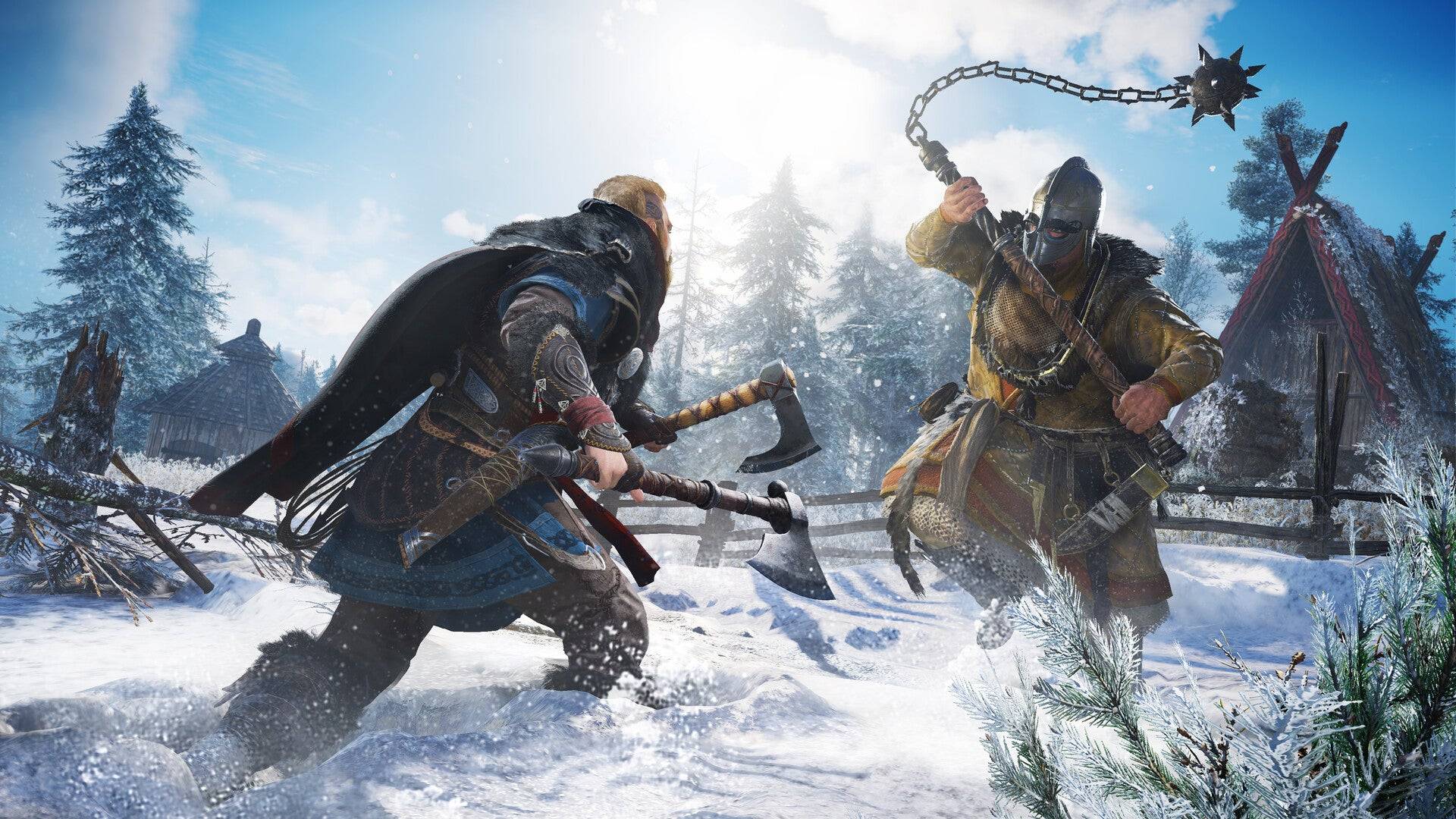
Japanese outlets report Ubisoft's March 20 launch patch will render shrine furnishings indestructible and reduce temple violence depictions globally—though Western confirmation remains pending.
This release carries exceptional weight for Ubisoft following Star Wars Outlaws' commercial disappointment, studio downsizing, and multiple project cancellations.
IGN's review awarded Shadows 8/10, praising its "refined open-world systems representing the franchise's evolution."
 Home
Home  Navigation
Navigation






 Latest Articles
Latest Articles










 Latest Games
Latest Games